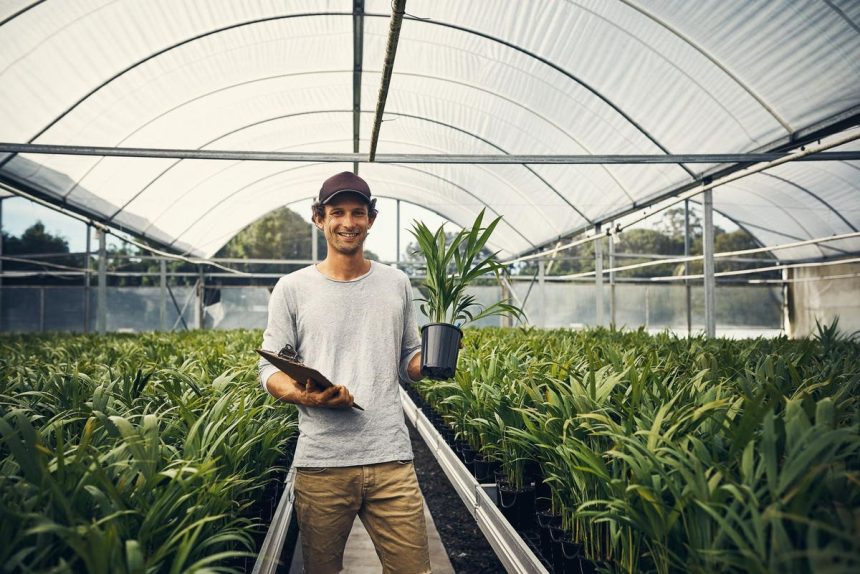On 12 July, healthcare company Bupa hosted eco-Disruptive Live in London. The one-day event celebrated sustainability start-ups and featured a diverse line-up of speakers, ranging from entrepreneurs to academics, campaigners and filmmakers. So, what lessons did these experts have for other leaders looking to support the transition to a more sustainable world?
1. Have a clear vision
“Climate change can’t be tackled by top-down approaches from policymakers and industry alone,” says businesswoman and TV personality Deborah Meaden. “We need budding entrepreneurs to lead the charge toward a better future.”
Meaden acknowledges that there are challenges involved with scaling a sustainability-focused start-up. “But founders should first and foremost keep in mind that the best ideas are supported by a clear vision and address a distinct problem,” she argues. “Define that first.” She also advises against trying to go it alone, saying: “There can be few agendas more natural to unite a common purpose around than the health of the planet. So, embrace partnerships.”
Finally, it’s vital to persevere. “Innovation is a messy, imperfect process,” says Meaden. “There are few lightbulb moments. Founders will often experience multiple failures before hitting on that one game-changing idea.”
2. Collaborate to succeed
“Tackling sustainability challenges is complex and no industry has all the answers,” says Nigel Sullivan, chief sustainability and people officer at healthcare company Bupa. “While there isn’t a one-size-fits-all approach, leaders need to take advantage of opportunities to collaborate, share ideas and work together toward decarbonization goals. Building a community of like-minded organisations and people can achieve much more than being an outsider.”
Sullivan says in the quest to build a more sustainable world we need to capitalize on different experiences, build on success stories and be ready to learn from what hasn’t worked. “This community-led approach helps to maximize progress towards net zero,” he explains.
3. Listen to your customers
“Customers have the answers, so listen to them!” That’s the straightforward advice from Ian Davidson, CEO of mileage tracker GOFAR. GOFAR’s technology logs business expense mileage, monitors car health and tracks driver performance by tapping into a car’s computer and enabling the driver to save on fuel, tax and servicing.
“Customers tell us that it’s not just about sustainability,” Davidson continues. “Products have to fit into their lives and deliver significant value, beyond just being environmentally beneficial.”
4. Embrace technology
Leaders should see technology as an opportunity to embrace change rather than be left behind because they see it as a threat, argues Carmen Pauline Rios Benton, co-founder of patient-monitoring tool Doctomatic.
“Having been in the tech industry for so many years, #techforgood is one of my favourite hashtags,” she says. “There is a huge opportunity to use emerging technologies, such as artificial intelligence, to develop sustainable solutions.”
5. Build a strong team
“Our biggest lesson has been building the right team – focused, dynamic and hard-working – that wants to do something positive for our planet,” says Dr Matt Gopal, head of stakeholder engagement at SageTech Medical. SageTech Medical helps hospitals and veterinary surgeries to reduce their carbon footprints by providing them with reusable canisters to capture waste anaesthetic gas exhaled by patients.
Gopal’s advice to other sustainability leaders is to be resilient and back yourself all the way. He says: “The right team can foster a culture of innovation, encourage creativity and out-of-the-box thinking to turn challenges into opportunities.”
Read the full article here





